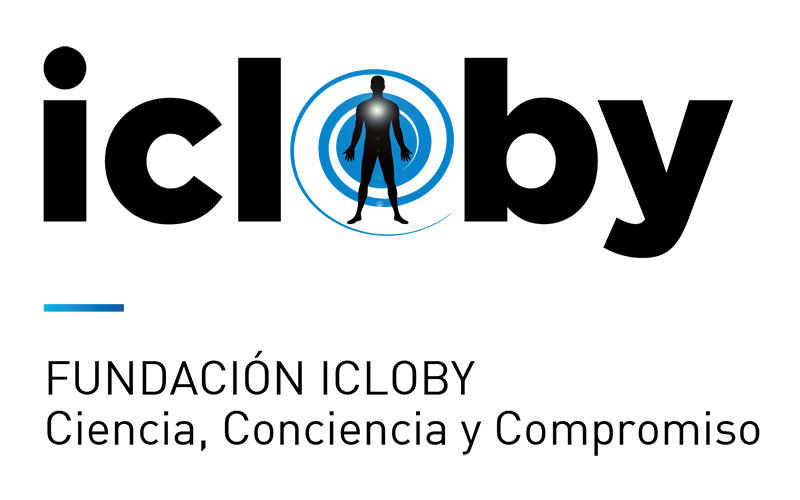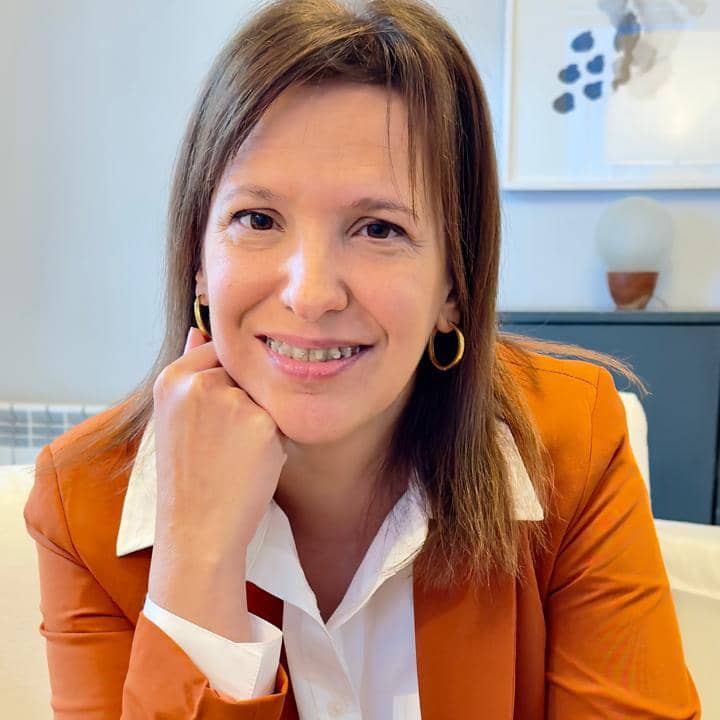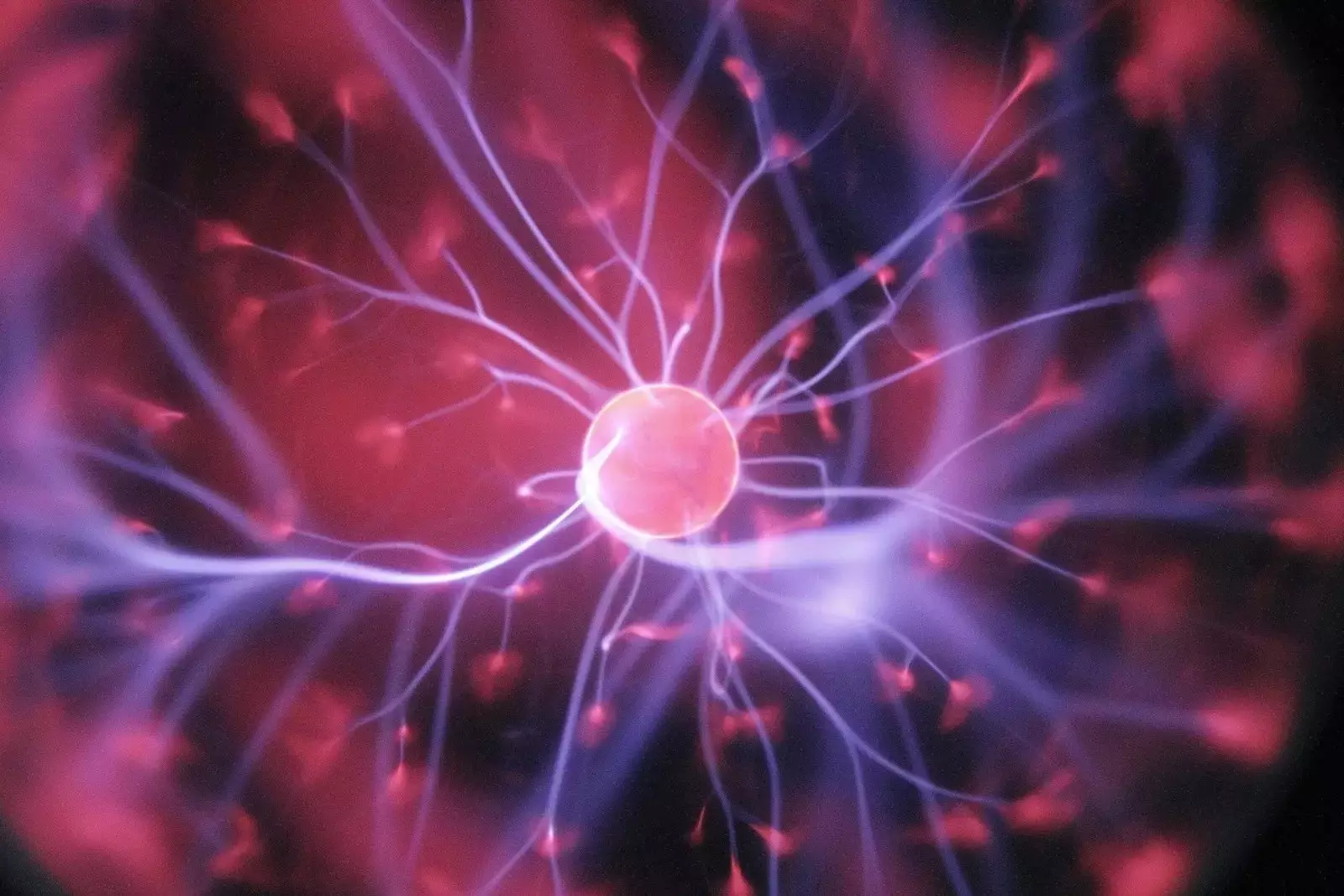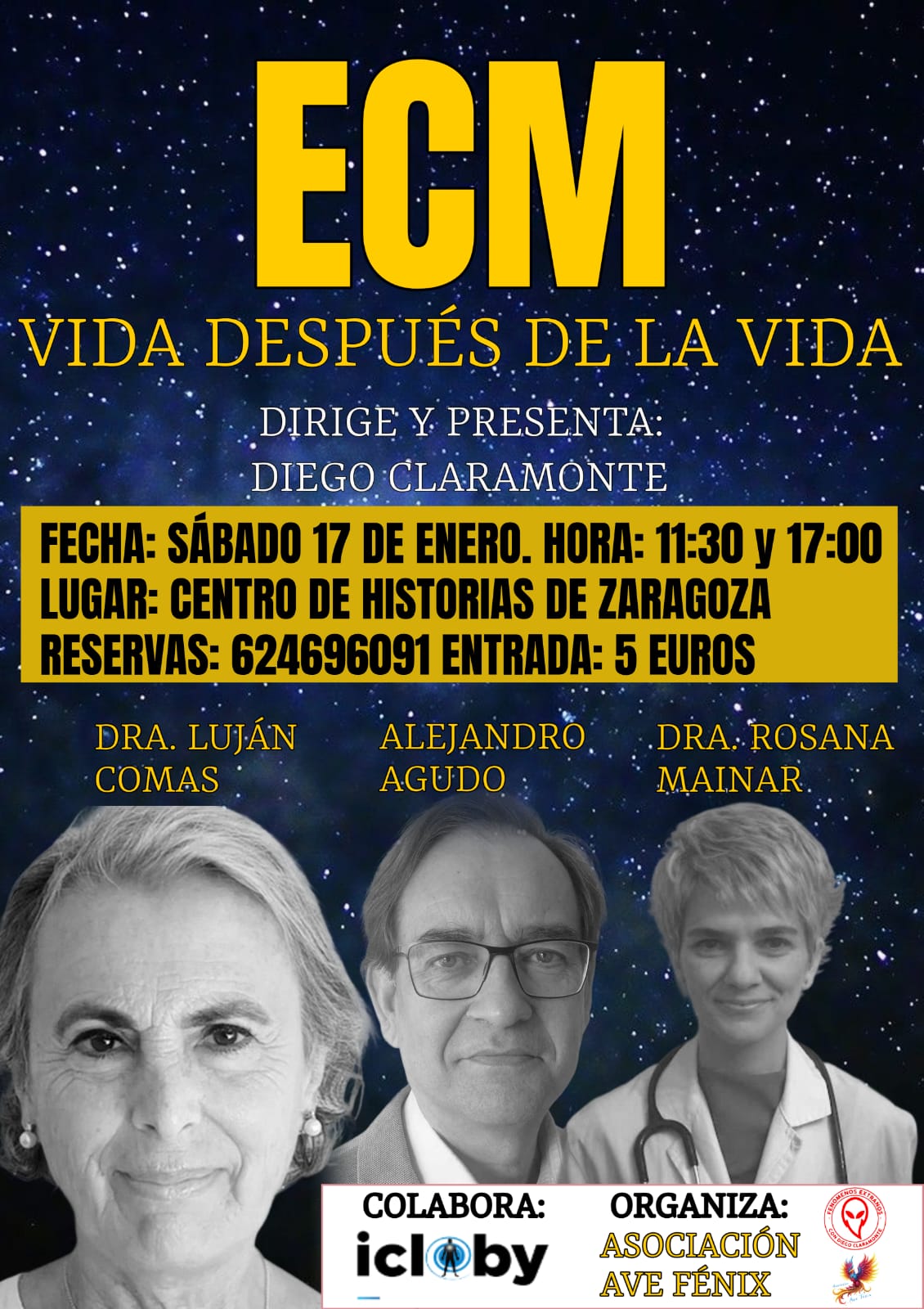我是麻醉师, 我一直受到对意识极限以及我们仍然无法完全解释的科学与现象之间的相交的好奇心。. 这种好奇心使我入学了伊克洛比基金会提供的一门课程 (濒死体验) - 事实证明这一决定是深远的变革, 专业和个人.
在整个课程中, 我通过科学研究对NDE进行了严格的研究, 哲学分析, 和个人证词. 我了解了这些帐户中的经常性模式, 试图解释它们的各种神经科学理论, 和, 最重要的是, 这些经历对那些经历这些经历的人产生的情感和生存影响. 我对证词之间的一致性感到惊讶, 超越任何生理解释, 这些经历似乎触及了深人类的事物.
该课程不仅为我提供了宝贵的学术工具, 但也有深刻的个人成长经验. 小组工作鼓励了丰富的思想交流和与来自不同背景的人的公开对话,他们共同兴趣理解超出死亡门槛的事物. 这种协作方法创造了一种温暖, 善解人意的学习环境. 此外, 教师对主题表现出坚定的承诺, 提供高质量, 最新, 和敏感说明.
由我学到的动机, 我选择变得更加参与,并开始与Icloby Foundation合作,在LUZ项目中担任我工作的医院的主要研究员. 该计划旨在收集和分析经历过NDE的人的证词, 目的是从多学科的角度加深我们的理解并探索他们的含义. 为该项目贡献我的医疗背景是一种荣幸, 支持发展科学但尊重和人类的方法.
我承担的最有意义的任务之一是采访经历过几乎死亡的人. 听他们的第一手帐户令人难以置信. 许多人描述了一种绝对和平的感觉, 身体外的经历, 与平静的存在相遇, 甚至生活评论. 在大多数情况下, 这些经历导致他们的生活发生了深刻的变化 - 对目前的更加欣赏, 更有意识的关系, 减少对死亡的恐惧.
每个证词给我留下了痕迹. 这使我提出了以前持有确定性的质疑, 通过新镜头查看我自己的医疗实践, 并加强需要以灵敏度处理这些现象, 尊重, 和开放的思想. 我意识到,研究NDE不仅需要传统的科学方法: 它需要一个综合视角,包括情感, 精神, 和主观维度.
我在Icloby Foundation和Luz项目的旅程继续. 这种经历不仅扩大了我的科学视野,而且还丰富了我对人类的理解和我们的复杂性. 我坚信, 通过跨学科和深厚的人类方法, 我们可以继续阐明这些现象,并有助于对生活的更全面理解, 死亡, 和意识.
博士. 玛丽莎·卡萨博纳(Marissa Casabonne), 医学博士





